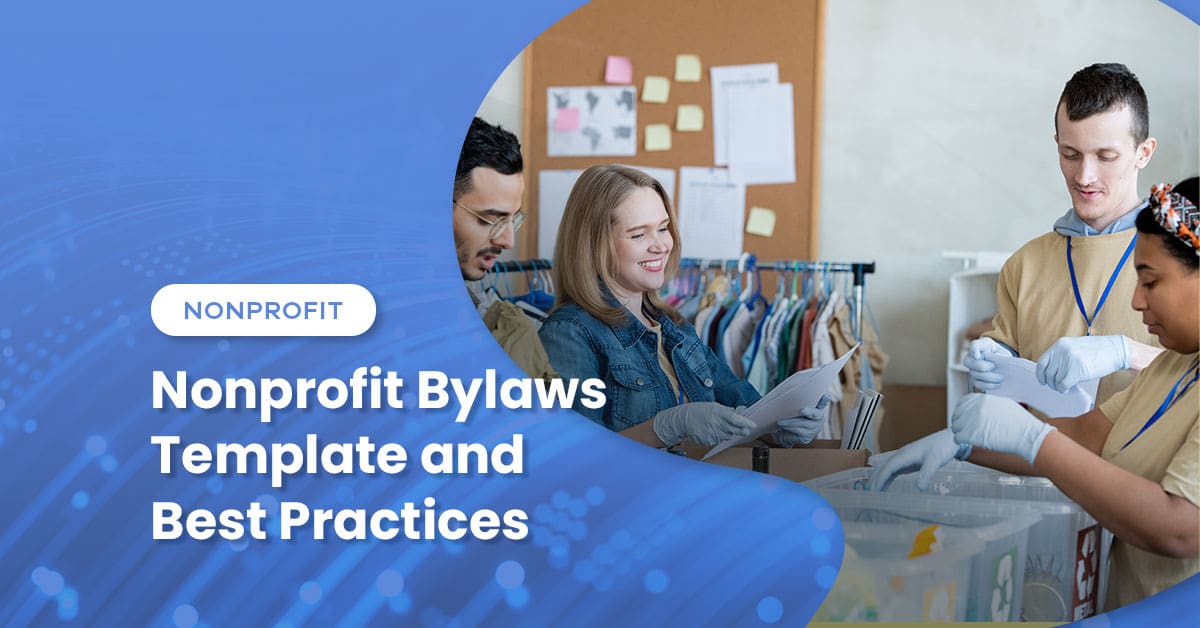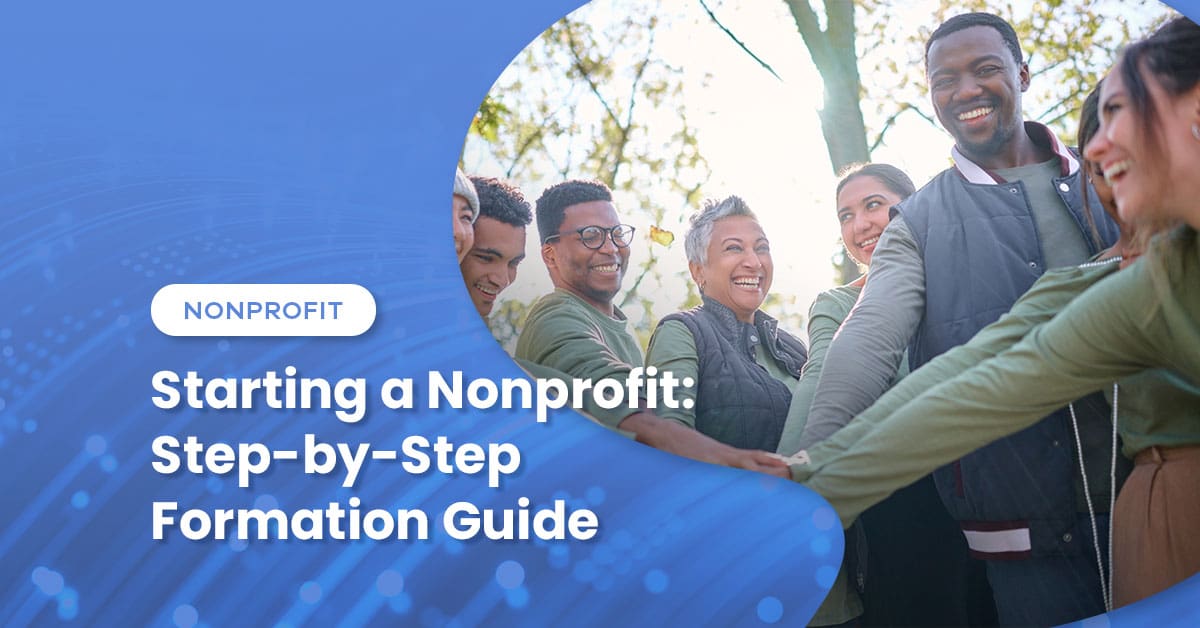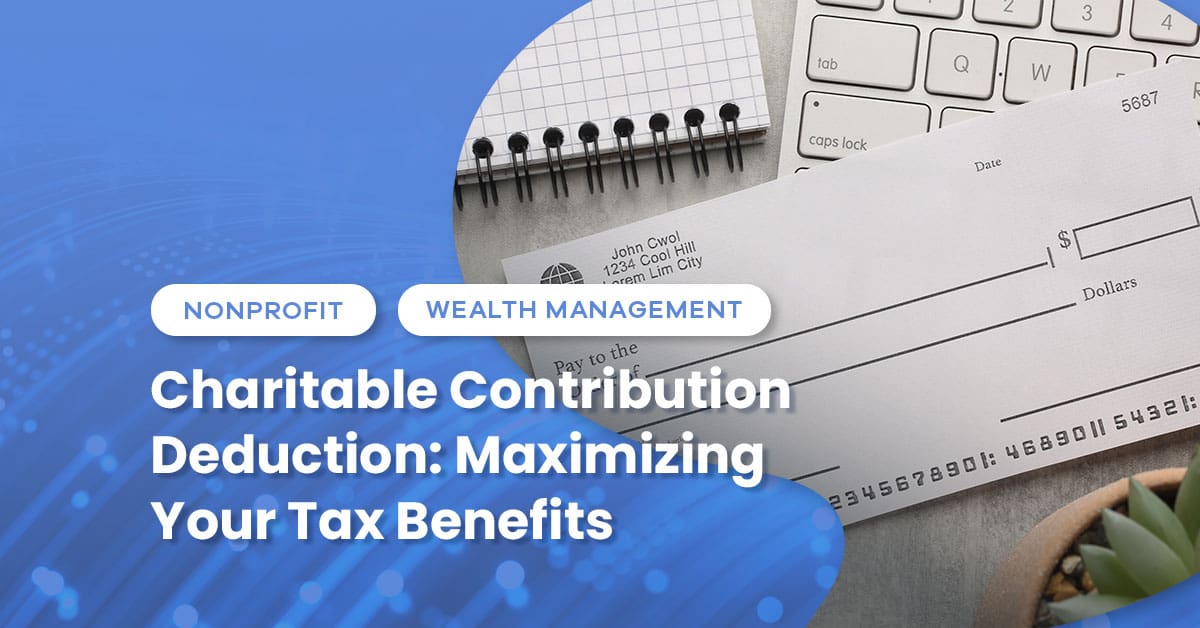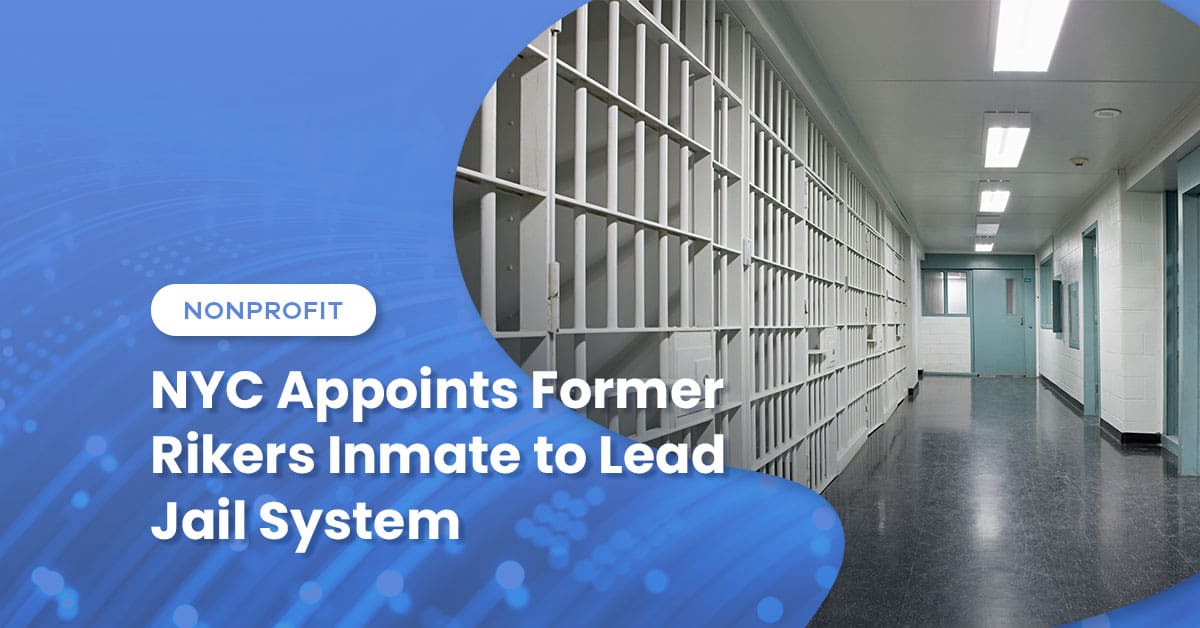Signed into law on July 4, the One Big Beautiful Bill Act introduces several key changes impacting tax-exempt organizations, including charities, private foundations, higher education institutions, and health systems.
Below is an overview of the most significant provisions:
Excise Tax on Executive Compensation
Tax-Exempt Hospitals and Health Systems
A 21% excise tax is imposed on compensation exceeding $1 million for all employees of tax-exempt organizations. This rule is not limited to just the top five highest-paid individuals. Compensation earned for medical services remains exempt, consistent with the original proposal.
Endowment Tax for Higher Education Institutions
Tiered Tax Structure
The former flat 1.4% excise tax on net investment income for private colleges and universities has been replaced with a tiered system, featuring rates of 1.4%, 4%, or 8%. The applicable rate depends on factors such as the size of the endowment and the number of full-time students who meet specific criteria.
Broadened Scope of Net Investment Income
The definition now includes:
- Interest earned from student loans.
- Royalties generated from intellectual property funded by federal sources.
This adjustment expands the range of taxable income for impacted institutions.
Philanthropic Incentives
Universal Charitable Deduction
Starting in 2026, taxpayers who do not itemize can deduct up to:
- $1,000 for individuals.
- $2,000 for married couples filing jointly for annual cash donations.
This measure is intended to encourage broader charitable contributions.
Adjusted Limits for Itemizers
Itemizing taxpayers now face:
- Starting in 2026, taxpayers who itemize deductions will only be able to deduct charitable contributions that exceed 0.5% of their Adjusted Gross Income (AGI).
- A decrease in the deduction rate for top-bracket taxpayers from 37% to 35%, reducing tax benefits for high earners.
Permanent 60% AGI Limit
- The 60% AGI cap for cash contributions to public charities is now permanent unless future legislation changes it.
- Donors can combine cash and non-cash gifts to meet the 60% threshold, addressing prior uncertainties.
Corporate Giving Requirement
Corporations must now contribute at least 1% of their taxable income to be eligible for a charitable deduction. This new rule may discourage companies from donating if their contributions fall below the stipulated threshold.
Private Foundations
Enhanced Reporting Obligations
While the IRS has not yet issued full implementation guidelines, the legislation introduces key changes, including:
- Expanded disclosure of related-party transactions.
- More detailed grant reporting.
- Stricter oversight of administrative expenses.
- Increased reporting frequency or shorter filing timelines.
Updated Self-Dealing Provisions
The new rules broaden the definition of self-dealing, increasing the likelihood that insider transactions—such as loans, leases, or service arrangements—may incur penalties, even if previously permissible.
Government Funding for Nonprofits
Reduction in Federal Funding Support
Several federal grant programs traditionally aiding tax-exempt organizations—particularly those focused on housing, food security, and refugee services—have been reduced or eliminated.
Greater Dependence on Private Funding
With reduced public funding, tax-exempt organizations are increasingly relying on private philanthropy to maintain operations. However, private donations often fail to offset the decline in government support, especially for groups serving vulnerable communities.
Preparing Tax Exempt Organizations for the Road Ahead
Although the legislation almost exclusively focuses on tax matters, it has significant implications for the tax-exempt sector. Now is an opportune moment for organizations to:
- Reevaluate governance policies.
- Review compliance procedures.
- Examine compensation structures.
- Reexamine planned giving strategies.
For additional support or questions, reach out to our team today. We’ll continue to provide updates on these developments.





 Previous
Previous









